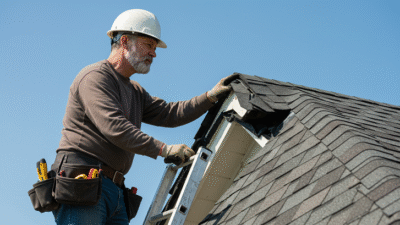Real estate can be a great investment opportunity for anyone looking to expand their portfolio. However, getting started can seem daunting if you’re not familiar with the process.
Table of Contents
Research
The first step to any successful real estate investment is research. You’ll need to familiarize yourself with the different types of investment properties and how they can be used to generate income. Many resources are available online and at your local library that can help you learn more about this process.
Once you understand the basics, you can start looking for properties that fit your investment criteria. When searching for the right property, there are a few things to keep in mind, such as location, size, and potential income. Make sure to consult with a real estate professional to get their opinion on a property before making an offer.
Financing
There are a variety of financing options available for investors. You’ll need to compare rates and terms before selecting a lender and make sure you understand the fees associated with each loan. Private money or partnering with another investor may be a good option if you’re starting.
Once you’ve selected a lender, you’ll need to complete a loan application and provide any necessary documentation. The lender will then review your application and determine whether or not you’re approved for the loan. If you are approved, the next step is to negotiate the loan terms and close on the property.
If you’re using private money or partnering with another investor, you’ll need to negotiate the terms of your investment before closing on the property. Make sure you have a clear understanding of the agreement and what each party is responsible for.
Negotiate Prices
Once you’ve found a property you’re interested in, it’s time to start negotiating the price. The first step is to make an offer below the asking price. The seller will then counter your offer, and this process will continue back and forth until you reach an agreement on the purchase price.
It’s important to remember that the purchase price isn’t the only thing you’re negotiating. You’ll also need to agree on the closing date, repairs, and other terms of the sale. If you’re working with a real estate agent, they can help you negotiate the best possible deal.
Inspection
After you’ve reached an agreement on the purchase price, the next step is to have the property inspected. This is important even if the seller has already had an inspection done. The inspector will look for any significant problems with the property, such as structural issues or water damage. They will also provide a report that includes their findings and recommendations.
If the inspection report reveals any major problems, you can use this information to renegotiate the purchase price or ask the seller to make repairs. If you’re satisfied with the condition of the property, then you can move forward with the sale.
Final Purchase
Once you’ve completed the inspection and negotiated any repairs, it’s time to finalize the purchase. This involves signing a sales contract and providing the down payment. The seller will then provide you with the keys to the property, and you’ll officially be an owner.



















Comments